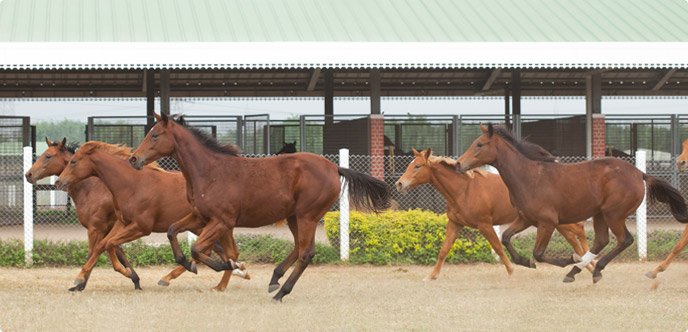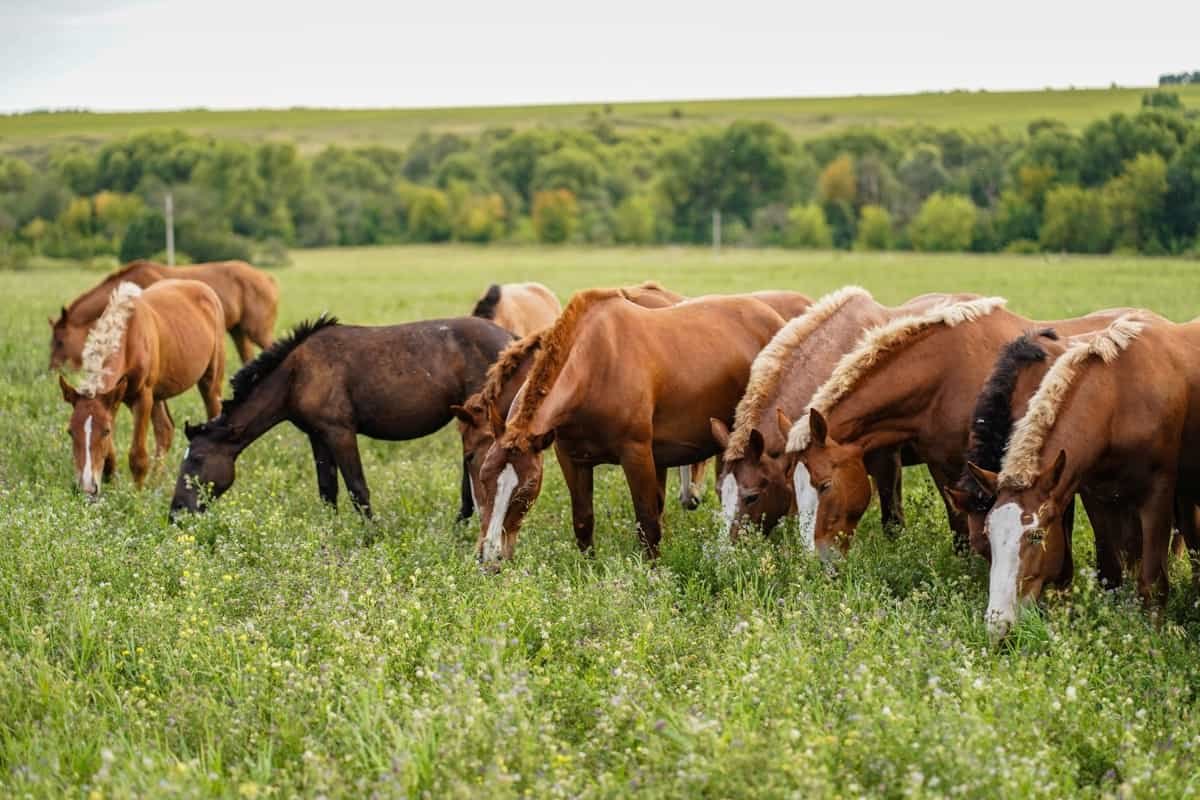Horse Breeder
Horse breeders evaluate animals, direct breeding procedures, and oversee the general care of horses. They combine scientific knowledge and experience to eliminate unwanted traits while retaining desirable characteristics in offspring. Desirable qualities can vary by intended use of the animal. Recreational riding generally only requires a horse with a calm, quiet demeanor, while horses for performance and racing must meet exacting physical standards.
These equine professionals might also have administrative responsibilities, including record keeping, marketing, and sales. They can also coordinate and manage the work of other professionals, such as animal handlers, veterinarians, artificial insemination technicians, and geneticists.
Duties of a Horse Breeder
The process of selecting mares and stallions to breed begins with researching pedigrees, genealogical records that include physical characteristics of an animal’s ancestors. They also research health histories of animals to increase chances of reproduction and avoid inherited conditions, such as hemophilia and hip dysplasia. A breeder might contract the services of bloodstock agents, who specialize in pedigree information and evaluation.
Horse breeders consult with or employ other animal science professionals to determine when a mare is ready for insemination. Breeders carefully manage the nutrition of stallions and mares and must consider behavior and age when deciding to use artificial insemination or more natural mating techniques.
Aside from reproduction, breeders are responsible for the day-to-day care of horses and their offspring, including feeding, exercise, and vaccinations. They keep pedigree and health records for their own animals and treat minor illnesses and injuries.
Requirements to Become a Horse Breeder
There are no strict education requirements to become a breeder. Individuals can learn the scientific concepts and techniques involved in breeding by completing an animal science bachelor’s degree program. Relevant coursework includes animal nutrition, genetics, husbandry, and horse management.
Purchasing and caring for horses requires a considerable financial investment. In addition to the horse, breeders must be able to provide a stable and related facilities, transportation, food, and other workers.


